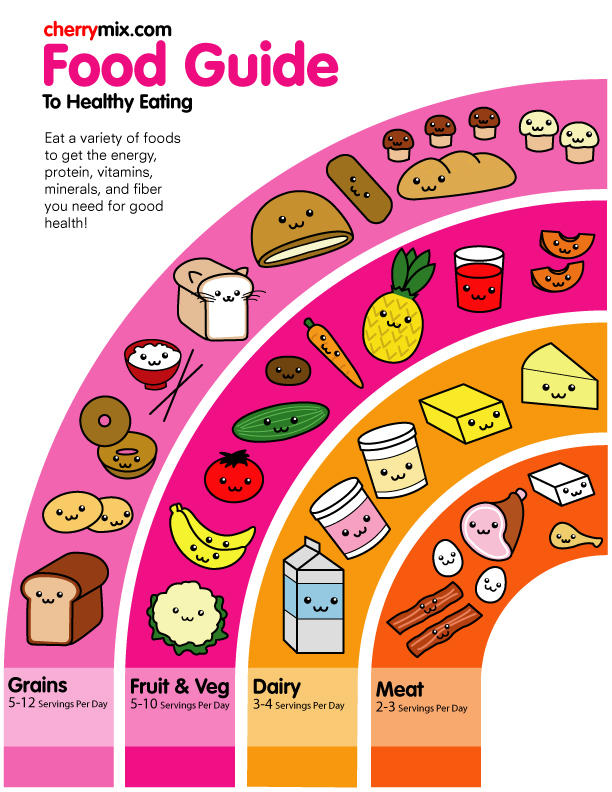
Just about every time we pick up a newspaper or a magazine we find a do or don't article regarding our health. There are articles on preventing cancer, heart trouble, high blood pressure and many more aliments. On other pages you will find an equal number of articles telling you what is wrong with most of the food we eat. It is a catch 22 syndrome with most of us not knowing what is right or what is wrong.
After much research and some common sense thinking I have come up with my own code of good health living requirements. Since I have reached the ripe young age of almost 77 years and my primary care doctor is not getting rich from my semi-annual visits, I have come up with a plan that will give you greater odds for living a long and healthy life.
The first thing you need to do is "move." No, not to another location, but to exercise in some small way every day, walking is great, jumping on an small indoor trampoline, (which I try to do everyday,) doing some vigorous household activity or go to the gym. Do something that requires at least 30 minutes of active movement every day and you will lower your risk for just about everything.
Every time you exercise you reduce the production of free radical cells in your body. Many diseases come from an accumulation of free radicals, these cells work on making your good cells become dysfunctional.
Use the stairs instead of an elevator, park farther away at work or when you shop, take a brisk walk around the block at lunchtime, do something to get you and your body moving.
Eat a salad and some fruit each day. Fruits and vegetables are great antioxidant fighters, blueberries, strawberries, spinach and red and green peppers are high in antioxidants. You can lower you risk of heart disease and certain cancers just by eating at least 3 servings of veggies each day and that is not hard to do.
Watch your weight. Being healthy means not being overweight, by watching the portions you eat, you can lose even those awful five pounds you have been trying to lose for years. Obesity can cause heart disease, diabetes, high blood pressure and many other diseases. Think smaller and not larger portions and you will be healthier.
Omega-3 fatty acid is of great benefit in preventing many diseases, again helping to prevent heart disease, diabetes and others. Fish is a great source of Omega-3 fatty acids and if you are not too fond of fish, walnuts, almonds, and flaxseed are good sources along with omega-3 supplements, if all else fails.
Wear your seat belt. Now how is that going to make you live a long and healthier life? By keeping you alive in case of an accident on the road, about 55 percent of the people killed in accidents were not wearing their seatbelts. Keep in mind the life you save, may very well be your own.
Eat whole grains like oatmeal for breakfast. Whole grain bread, brown rice and air-popped popcorn are also good for you. Whole grains along with fruit and vegetables can delay the onset of osteoporosis, heart disease and even dementia. Eating oatmeal or another multi-grain cereal for breakfast can help you to lose weight and keep it off, as it has been proven that those who eat a good breakfast tend to eat less during the rest of the day.
Learn to relax, take a deep breath and sit for at least 10 minutes each day. You deserve to relax and your body needs to relax, even if it is for 10 minutes. Stress is a silent killer and your body needs to have an opportunity to sit and do nothing. Take time to think about some of your favorite things, your garden, a book you are reading, listen to some soothing music, do something that is relaxing for you and takes away the stress and strain of the day for at least for a few minutes.
Stay smoke free! Smoking is one of the leading causes of preventable deaths. Smoking is linked to at least fifteen different types of cancers and it also leads to heart disease and osteoporosis. Yes, giving up smoking can be hard, but would you rather be living a healthy life and live longer or finding yourself huffing and puffing after climbing a few steps because you could not give up that cigarette?
Get enough sleep. Did you know that night owls (those who do not think they need to sleep) are at a greater risk for diabetes, high cholesterol, high blood pressure and a long list of other things. Us chickens, those who feel that when it is dark, we need to go to our roost and sleep will stay much healthier. Fewer than five hours a night is not good, you put your whole body at risk and who, for heaven sakes can function on five hours or less and do a good job.
Most research has shown that the average person needs between 7 ½ to 8 ½ hours each night and should get that amount on a regular basis. If you are getting the proper amount of sleep for you and your body, you will not need an alarm clock to wake up at your regular time.
Keep your bedroom an oasis for sleep, leave your work on the dining room table along with the laptop computer and let your bedroom be a place to relax and sleep.
Well, that is it for now, this is my code of requirements that has kept me very healthy for 77 years and has made my odds for living a longer and healthier life a good one. I wish you a long and healthy life and just for fun, put one or two of my ideas into practice in your life and see how much better you feel.








